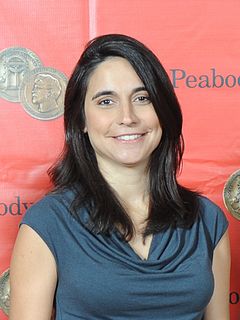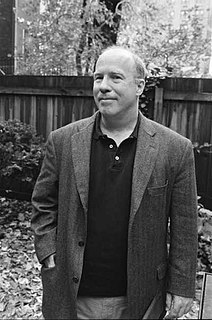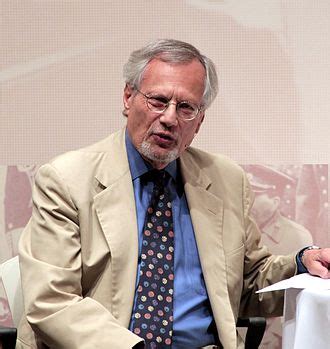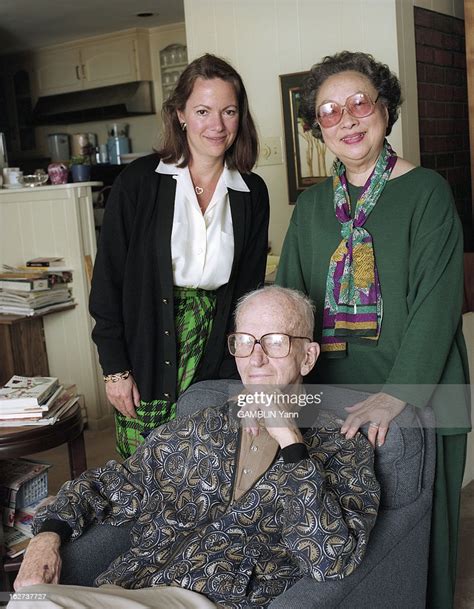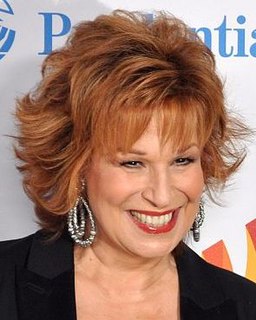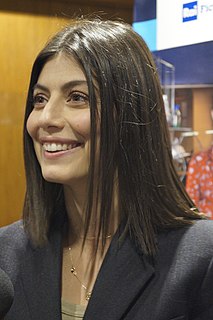A Quote by Julia Bacha
A film seeking to create change on a difficult issue should not try to provide a definitive historical overview, nor present an op-ed style argument.
Related Quotes
I don't think that there's a guy behind the desk at every newspaper saying "No, woman" and sending her on her way, but that's what's systemic about it, right, like that people don't quite realize that maybe they're attracted to a male op-ed more than a female op-ed, or because of networking they know this person from going out to a bar with them.
I think that the first point to be made is there is no "solution" in Afghanistan. Solution I put in quotes. We live in an op-ed culture, which is to say, you always need to have a solution. The last third of that op-ed piece needs to say, "Do this, this, this and this." There is no this, this, this, and this, that will make Afghanistan right.
Blade Runner is a rare science fiction movie so full of material that pages can be written about it without scratching the surface. A review like this can provide little more than an overview. A detailed exploration of the movie, its style, and its mysteries requires dedication that only someone immersed in Blade Runner lore can provide.
I don't want to feel what I'm creating on film has an outcome that is preordained. I don't think of the world as a place with a divinity that shapes our end. What you try to do with film is create, as far as you possibly can, an unfolding present - a theatre in which an outcome happens and is tested.
There is, however, no advantage in reflections on the past further than may be of service to the present. For the future we must provide by maintaining what the present gives us and redoubling our efforts; it is hereditary to us to win virtue as the fruit of labour, and you must not change the habit, even though you should have a slight advantage in wealth and resources; for it is not right that what was won in want should be lost in plenty.
I hate political films that have one particular message that they're trying to convey. I think propaganda is very dangerous, and it's very easy for anything to slip into it. I also think that propaganda is something that defies the identity of cinema. I hate propaganda in cinema, even if it was promoting the political stance that I myself am allied with. I always say that the responsibility of a film is first and foremost: To be a film. It's not a manifesto, it's not an op-ed.
The present moment has always been available to spiritual seekers, but as long as you are seeking you are not available to the present moment. "Seeking" implies that you are looking to the future for some answer, or for some achievement, spiritual or otherwise. Everybody is in the seeking mode, seeking to add something to who they are, whether it be money, relationships, possessions, knowledge, status.. or spiritual attainment.
